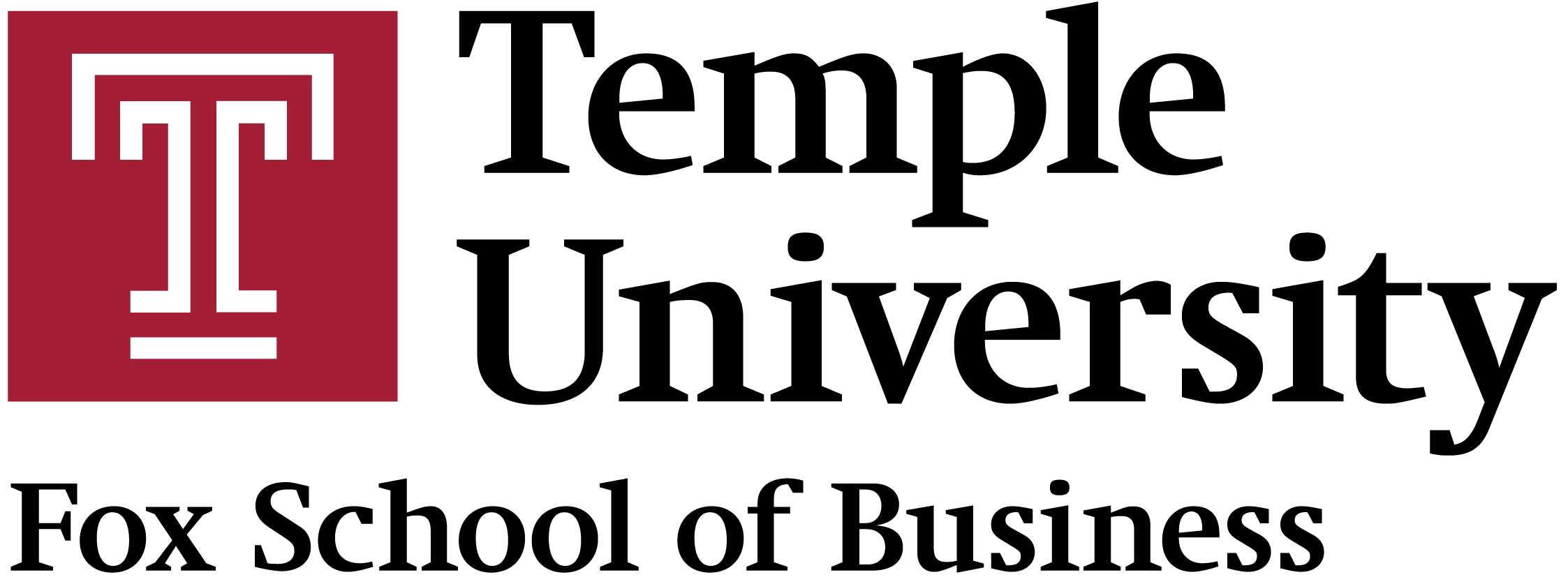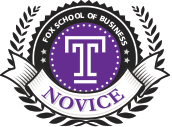Grading and Policies
- 25% Participation
- In-class attendance
- Preparation
- Active engagement
- Online participation
- 20% Case study analysis
- 30% Projects
- 25% Exams
Grading Criteria
A and A- The assignment consistently exceeds expectations. It demonstrates originality of thought and creativity throughout. Beyond completing all of the required elements, new concepts and ideas are detailed that transcend general discussions along similar topic areas. There are few mechanical, grammatical or organizational issues that detract from the presented ideas.
B-, B, B+ The assignment consistently meets expectations. It contains all the information prescribed for the assignment and demonstrates a command of the subject matter. There is sufficient detail to cover the subject completely but not too much as to be distracting. There may be some procedural issues, such as grammar or organizational challenges, but these do not significantly detract from the intended assignment goals.
The assignment fails to consistently meet expectations. That is, the assignment is complete but contains problems that detract from the intended goals. These issues may be relating to content detail, be grammatical, or be a general lack of clarity. Other problems might include not fully following assignment directions.
Below C- The assignment constantly fails to meet expectations. It is incomplete or in some other way consistently fails to demonstrate a firm grasp of the assigned material.
Citation Guidelines
If you use text, figures, and data in reports that was created by others you must identify the source and clearly differentiate your work from the material that you are referencing. If you fail to do so you are plagiarizing. There are many different acceptable formats that you can use to cite the work of others. The format is not as important as the intent. You must clearly show the reader what is your work and what is a reference to someone else’s work.
Academic Honesty
Source: Temple University Undergraduate Bulletin, 2012-2013. Available online at: http://www.temple.edu/bulletin/responsibilities_rights/responsibilities/responsibilities.shtm
Temple University believes strongly in academic honesty and integrity. Plagiarism and academic cheating are, therefore, prohibited. Essential to intellectual growth is the development of independent thought and a respect for the thoughts of others. The prohibition against plagiarism and cheating is intended to foster this independence and respect.
Plagiarism is the unacknowledged use of another person’s labor, another person’s ideas, another person’s words, another person’s assistance. Normally, all work done for courses — papers, examinations, homework exercises, laboratory reports, oral presentations — is expected to be the individual effort of the student presenting the work. Any assistance must be reported to the instructor. If the work has entailed consulting other resources — journals, books, or other media — these resources must be cited in a manner appropriate to the course. It is the instructor’s responsibility to indicate the appropriate manner of citation. Everything used from other sources — suggestions for organization of ideas, ideas themselves, or actual language — must be cited. Failure to cite borrowed material constitutes plagiarism. Undocumented use of materials from the World Wide Web is plagiarism.
Academic cheating is, generally, the thwarting or breaking of the general rules of academic work or the specific rules of the individual courses. It includes falsifying data; submitting, without the instructor’s approval, work in one course which was done for another; helping others to plagiarize or cheat from one’s own or another’s work; or actually doing the work of another person.
The penalty for academic dishonesty can vary from receiving a reprimand and a failing grade for a particular assignment, to a failing grade in the course, to suspension or expulsion from the university. The penalty varies with the nature of the offense, the individual instructor, the department, and the school or college.
Students who believe that they have been unfairly accused may appeal through the school or college’s academic grievance procedure.
Academic dishonesty will not be tolerated in this class. In cases of cheating, both parties will be held equally responsible, i.e. both the student who shares the work and the student who copies the work. Penalties for such actions are given at my discretion, and can range from a failing grade for the individual assignment, to a failing grade for the entire course.

